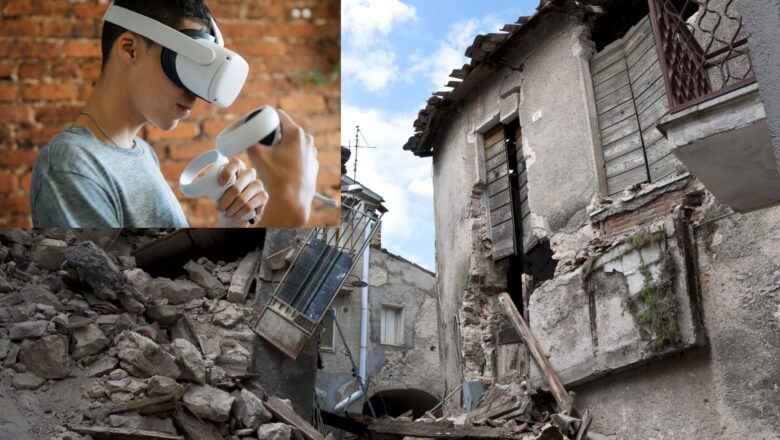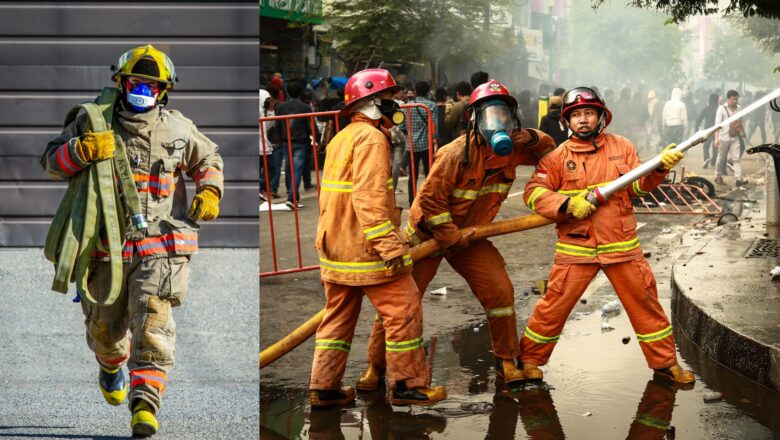
ISRO Successfully Launches ESA’s Proba-3 Satellites, Advancing Solar Research
In a major milestone for space exploration, the Indian Space Research Organisation (ISRO) successfully launched the European Space Agency’s (ESA) Proba-3 satellites aboard the PSLV-C59 rocket. This groundbreaking mission, a collaboration between ISRO and ESA, is expected to revolutionize the study of the Sun's corona and solar wind, marking a new chapter in solar physics.
Proba-3 focuses on the Sun's corona, the outermost layer of the Sun's atmosphere that is inexplicably hotter than its surface. The mission aims to analyze the solar wind a stream of charged particles emitted by the Sun and its impact on space weather conditions. Former ISRO scientist PV Venkitakrishnan highlighted that Proba-3’s advanced design will replicate the effects of a total solar eclipse, offering continuous ob...








